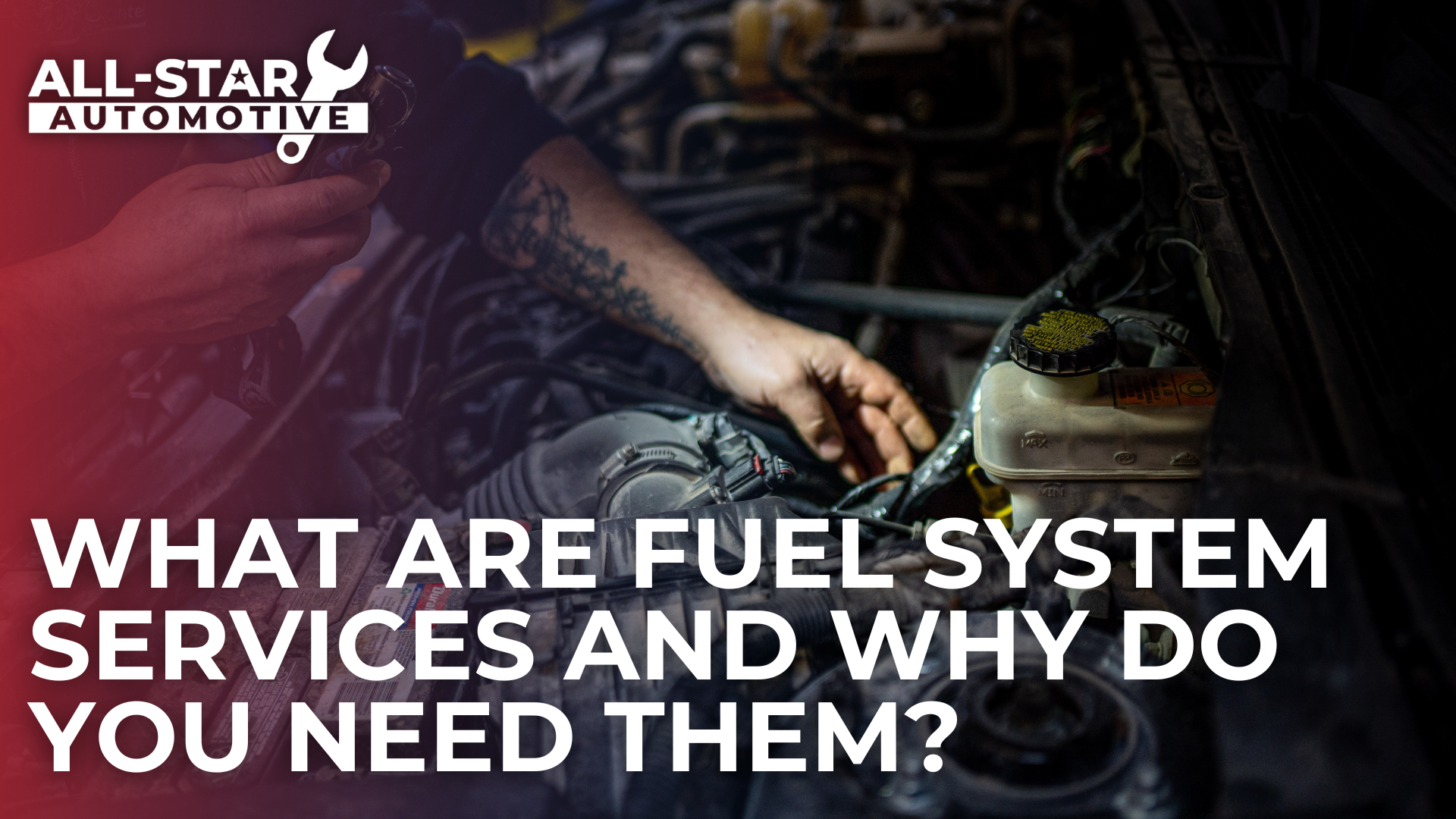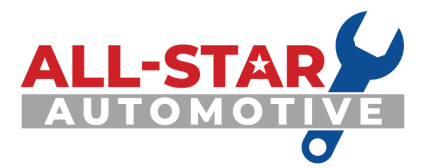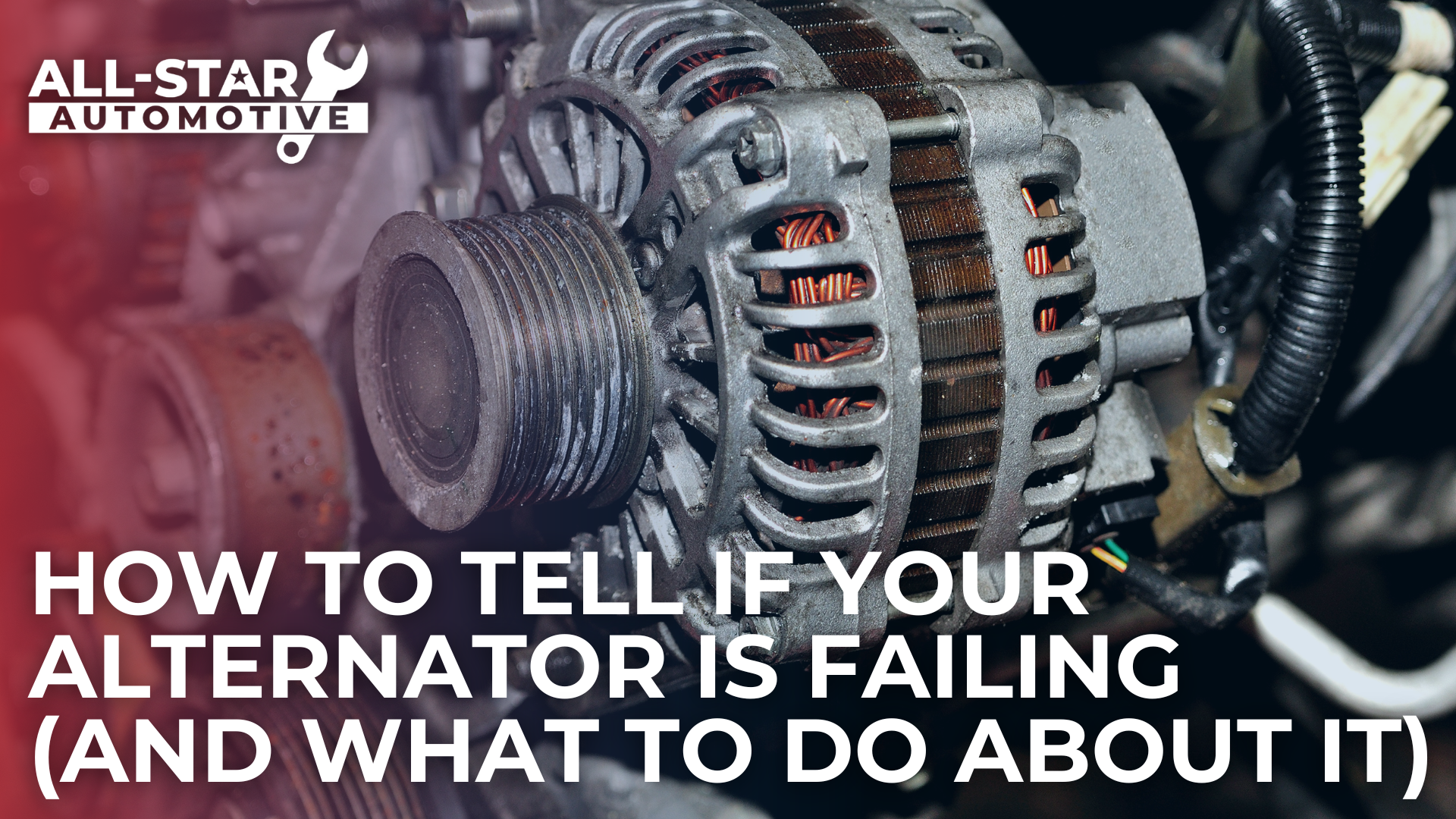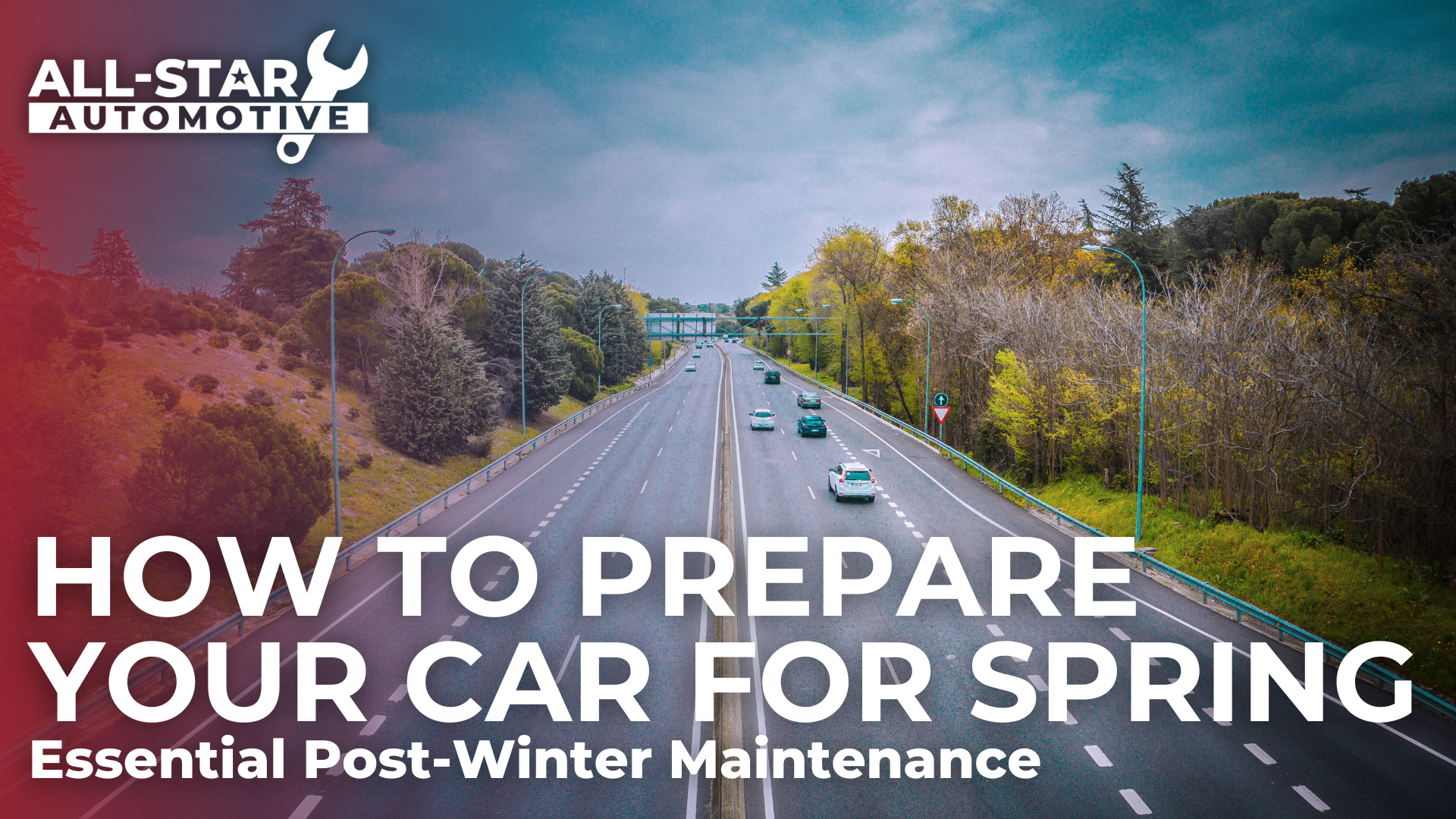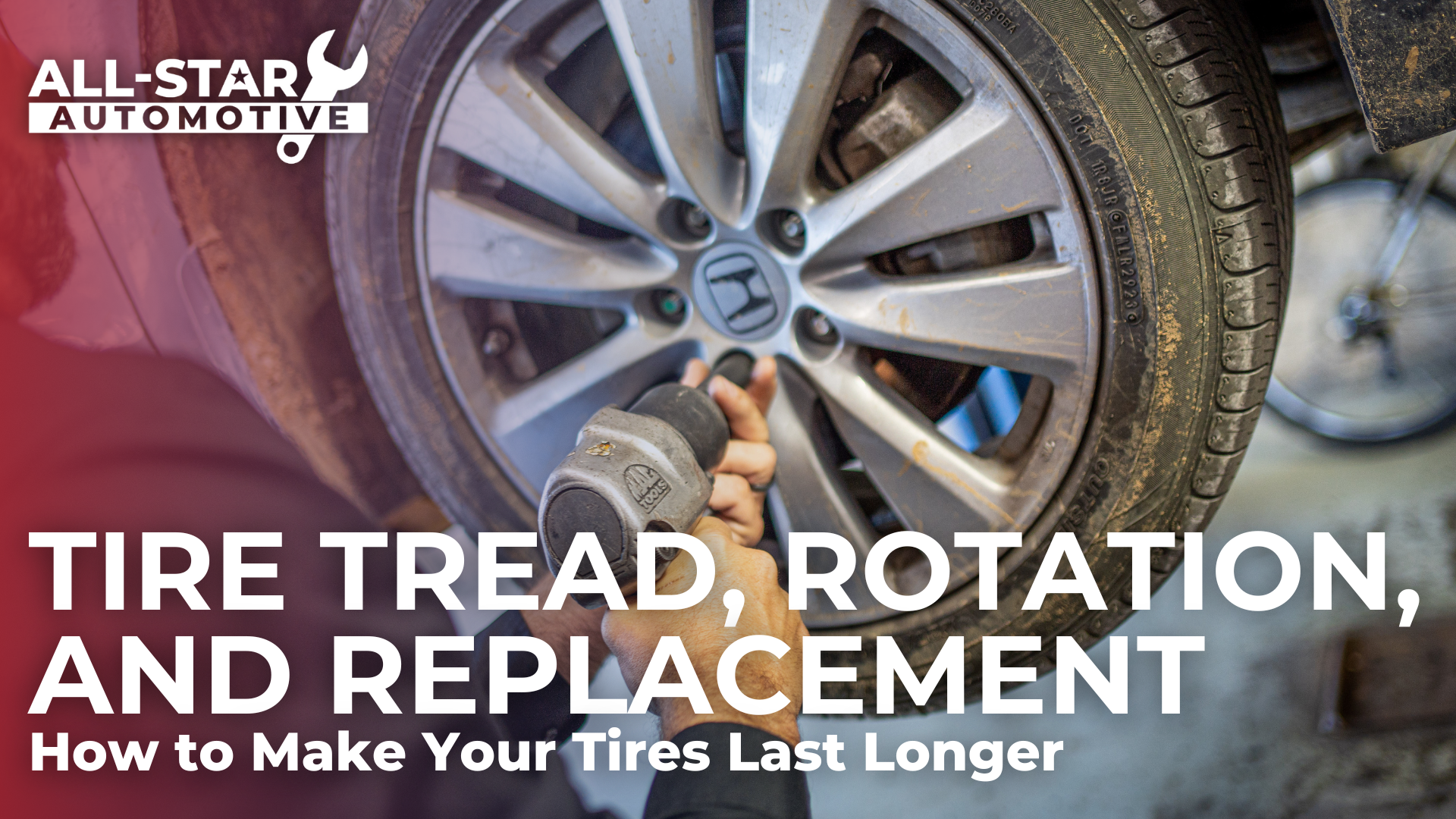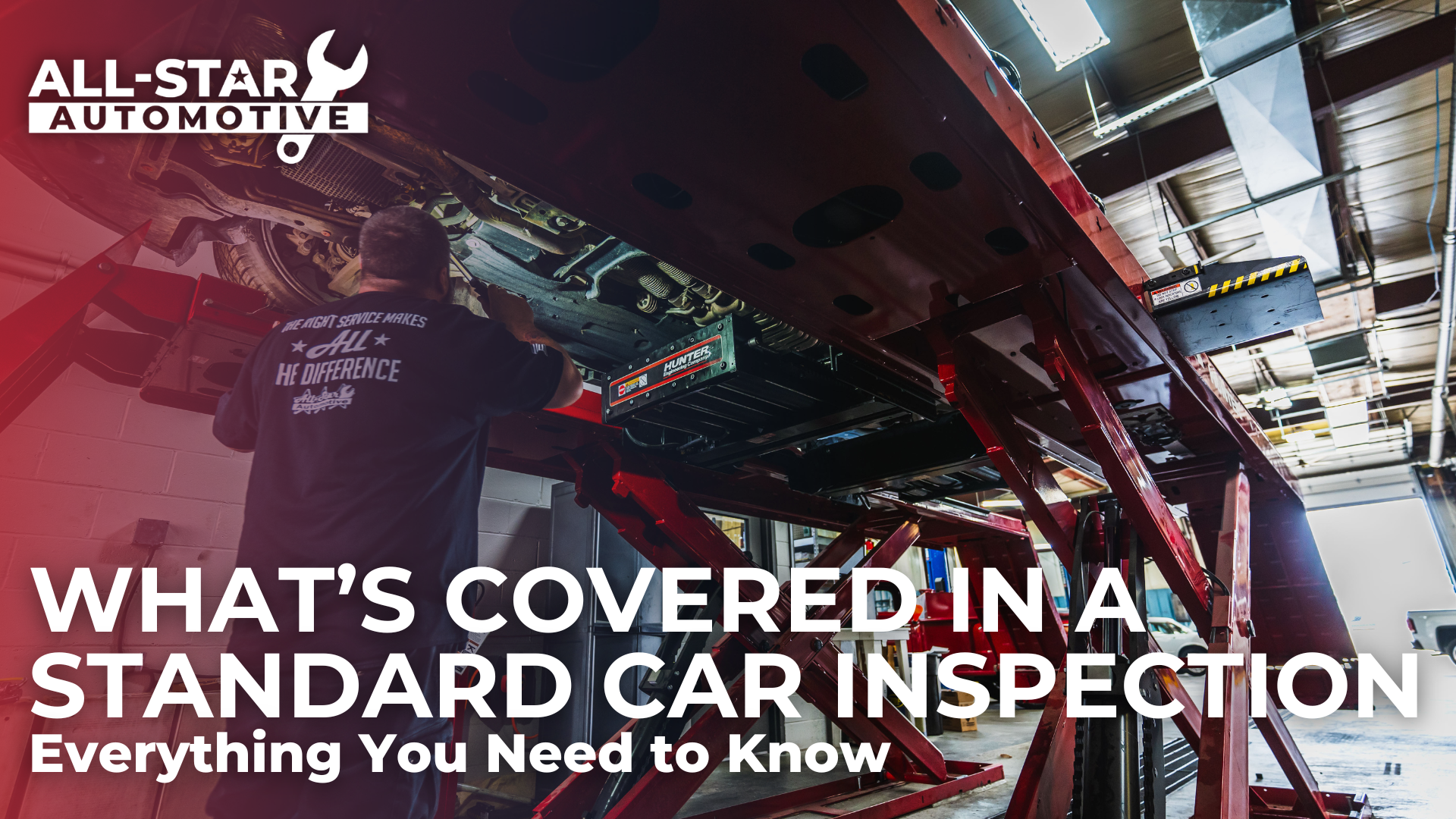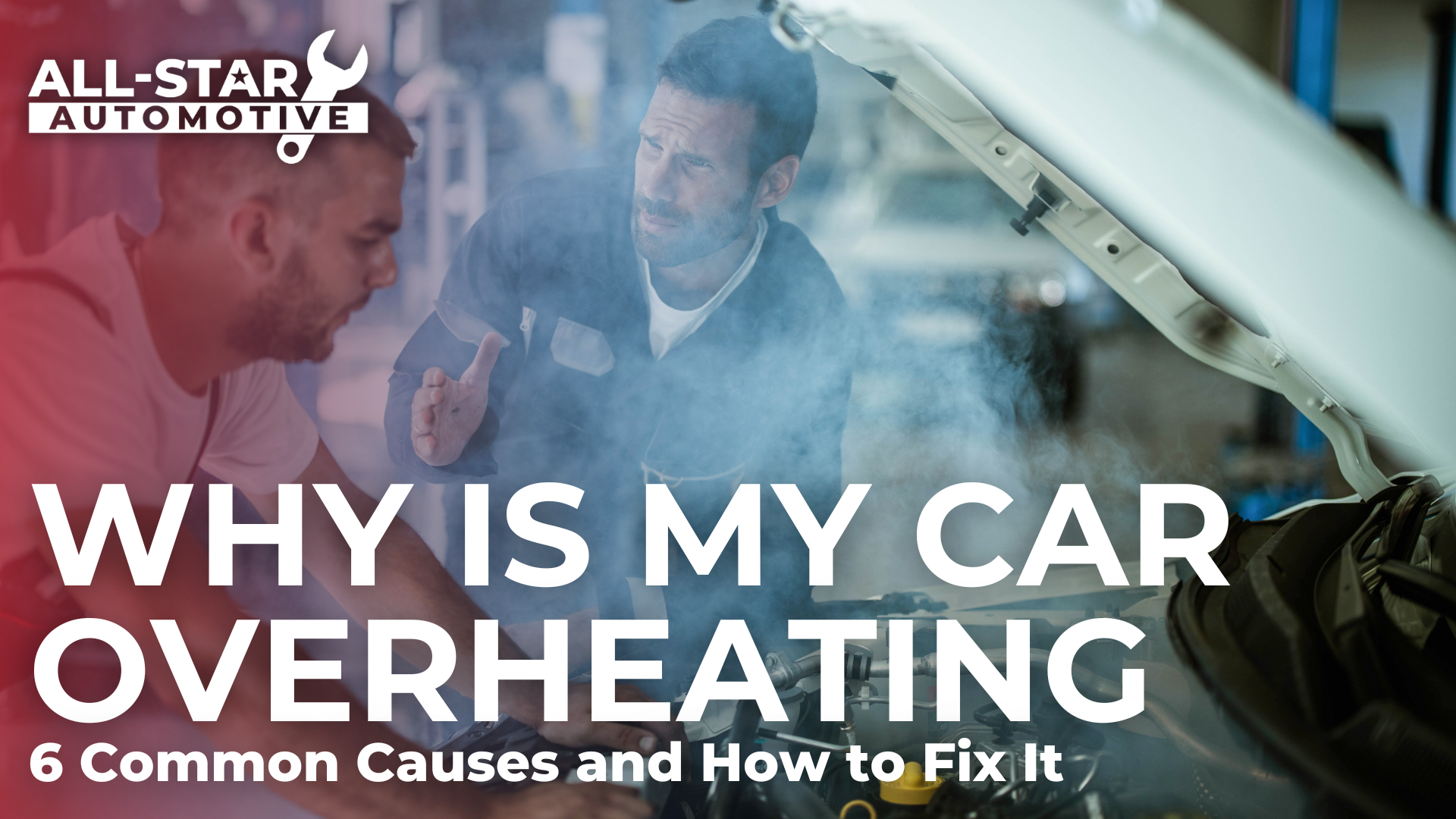Understanding Your Car’s Warning Lights: What Each Symbol Means and How to React
Modern vehicles are equipped with a sophisticated array of warning lights and symbols on the dashboard, designed to alert drivers to potential issues with their cars. However, deciphering these warning lights can sometimes be confusing or overwhelming. In this guide, we’ll demystify the most common warning lights found in today’s cars and explain what each symbol means, as well as how to react when they illuminate.
Check Engine Light:
The check engine light is one of the most recognizable warning lights, indicating a problem with the engine, transmission, braking system, emissions, and many other systems. When this light comes on, it’s essential to bring your vehicle to a trusted repair facility to pinpoint the issue accurately. Common causes of a check engine light include a faulty oxygen sensor, engine misfire, and emissions systems issues. Ignoring the check engine light could lead to further damage or decreased fuel efficiency, so it’s crucial to address the underlying problem promptly.
Oil Pressure Warning Light:
The oil pressure warning light indicates low oil pressure in the engine, which can lead to severe engine damage if left unaddressed. When this light illuminates, check your engine oil level immediately and top it up if necessary. If the light remains on or flashes while driving, pull over safely and shut off the engine to prevent further damage. Have your vehicle towed to a repair shop for inspection and diagnosis of the oil pressure system.
Battery Warning Light:
The battery warning light indicates a problem with the charging system, such as a failing alternator or a weak battery. If this light comes on while driving, it could mean that your vehicle’s battery is not charging correctly, leading to potential stalling or electrical system failure. It’s essential to have your vehicle’s battery and charging system tested by a professional mechanic to diagnose the issue accurately and prevent a roadside breakdown.
Tire Pressure Monitoring System (TPMS) Light:
The TPMS light alerts drivers to low tire pressure in one or more tires, which can affect vehicle handling, fuel efficiency, and tire wear. When this light comes on, check your tire pressure using a tire pressure gauge and inflate the tires to the recommended psi listed in your vehicle’s owner’s manual or on the driver’s side door jamb. If the TPMS light continues to illuminate after inflating the tires, it may indicate a puncture or leak that requires further inspection and repair.
ABS Warning Light:
The ABS (anti-lock braking system) warning light indicates a problem with the ABS system, which helps prevent wheels from locking up during hard braking. If this light comes on, it could mean that the ABS system is disabled, potentially compromising your vehicle’s ability to stop safely on slippery or wet roads. Have your vehicle inspected by a qualified technician to diagnose and repair the issue before driving in adverse conditions.
Airbag Warning Light:
The airbag warning light alerts drivers to a problem with the airbag system, which may prevent airbags from deploying in the event of a collision. When this light comes on, it’s essential to have your vehicle’s airbag system inspected and repaired by a certified technician to ensure proper functionality and safety in the event of an accident.
Coolant Temperature Warning Light:
The coolant temperature warning light indicates that the engine is overheating, which can lead to serious engine damage if not addressed promptly. When this light comes on, pull over safely and allow the engine to cool down before checking the coolant level and inspecting for leaks. If necessary, top up the coolant reservoir with a 50/50 mixture of coolant and water and have your vehicle inspected by a professional mechanic to identify and repair the cause of the overheating.
Understanding your car’s warning lights is essential for maintaining vehicle safety and reliability. By familiarizing yourself with these warning symbols and knowing how to react when they illuminate, you can address potential issues before they escalate into more significant problems. If you encounter any warning lights on your dashboard, don’t ignore them. Instead, take prompt action to diagnose and resolve the underlying problem, ensuring the continued health and performance of your vehicle on the road.
